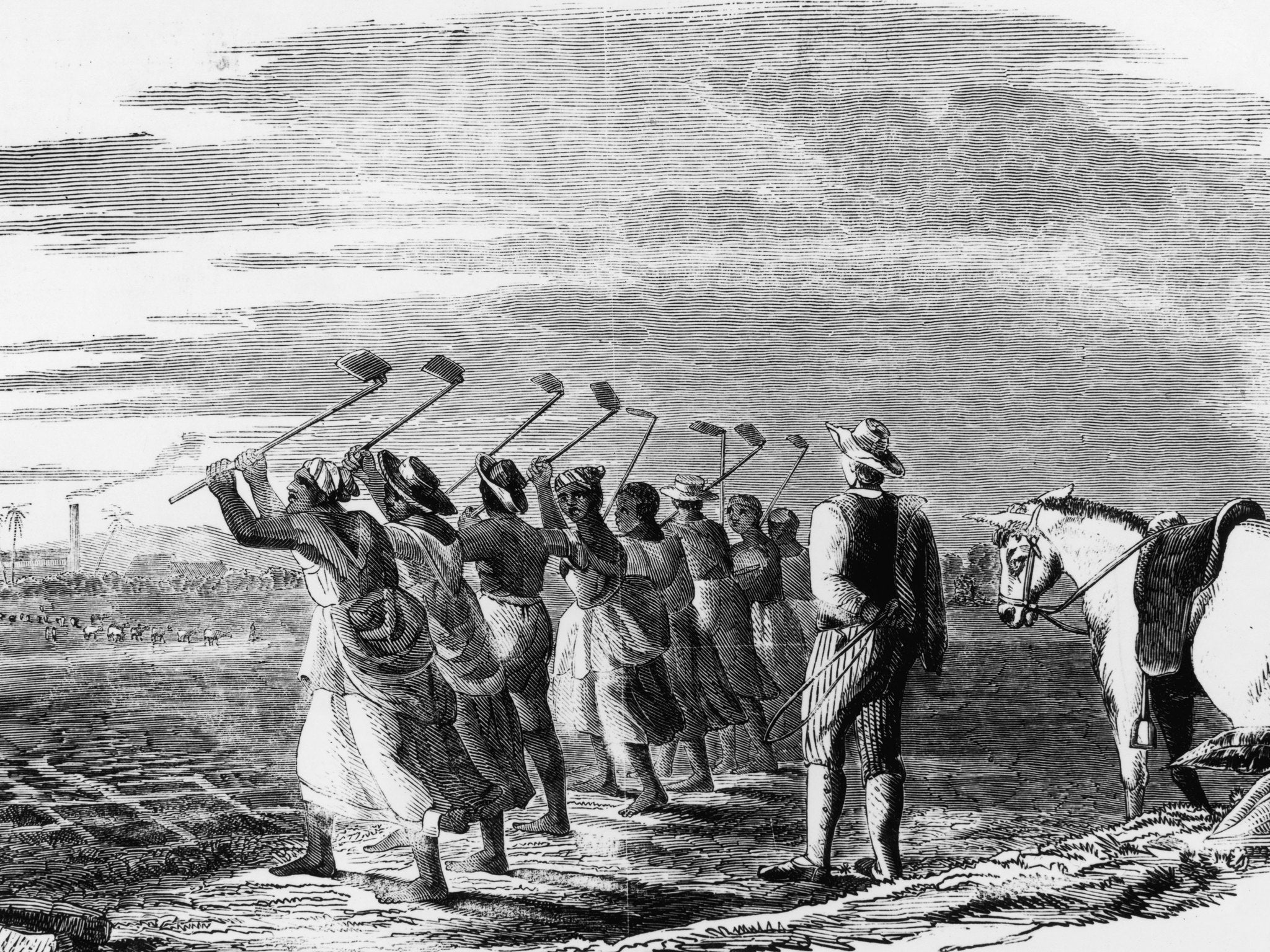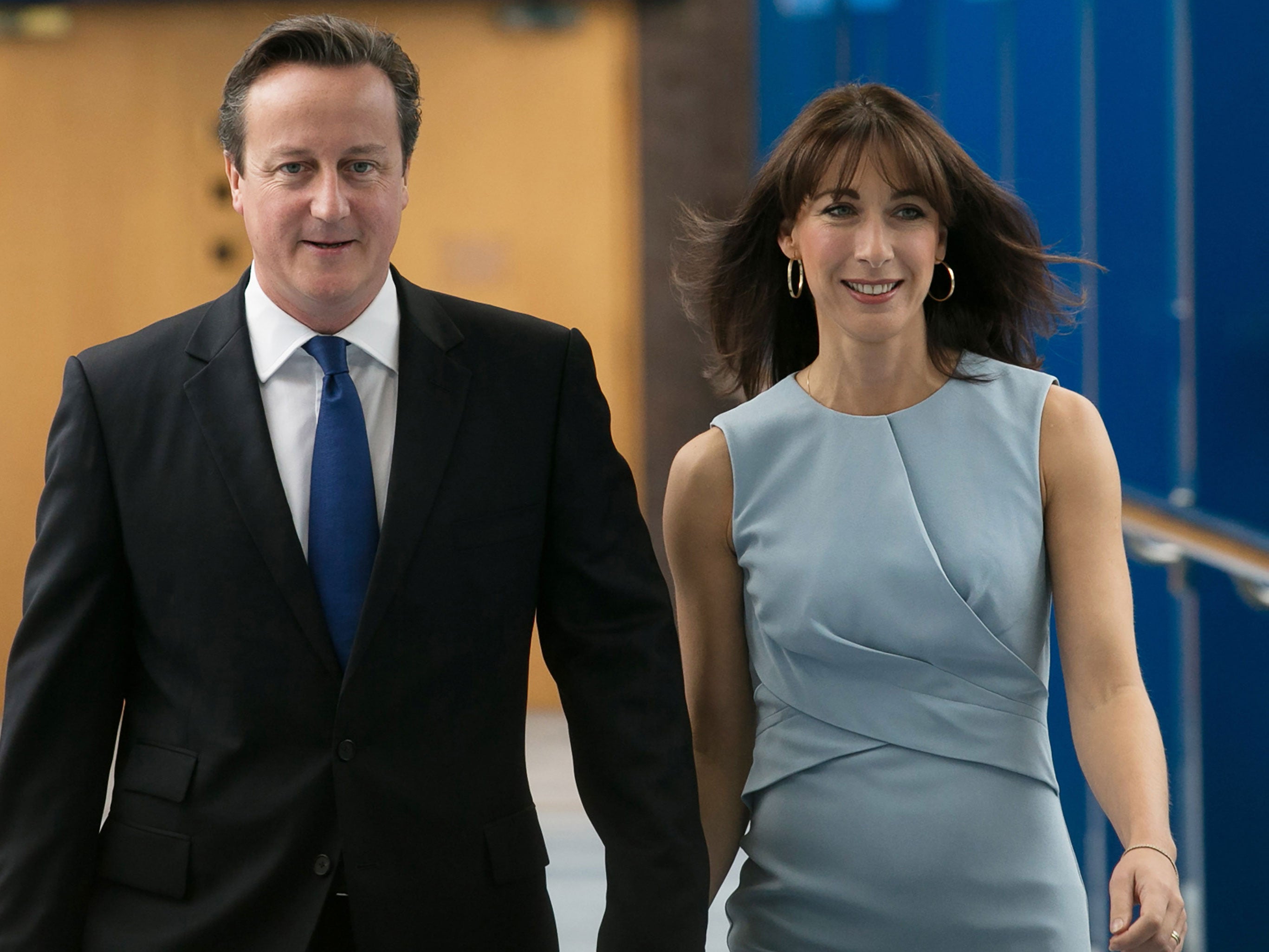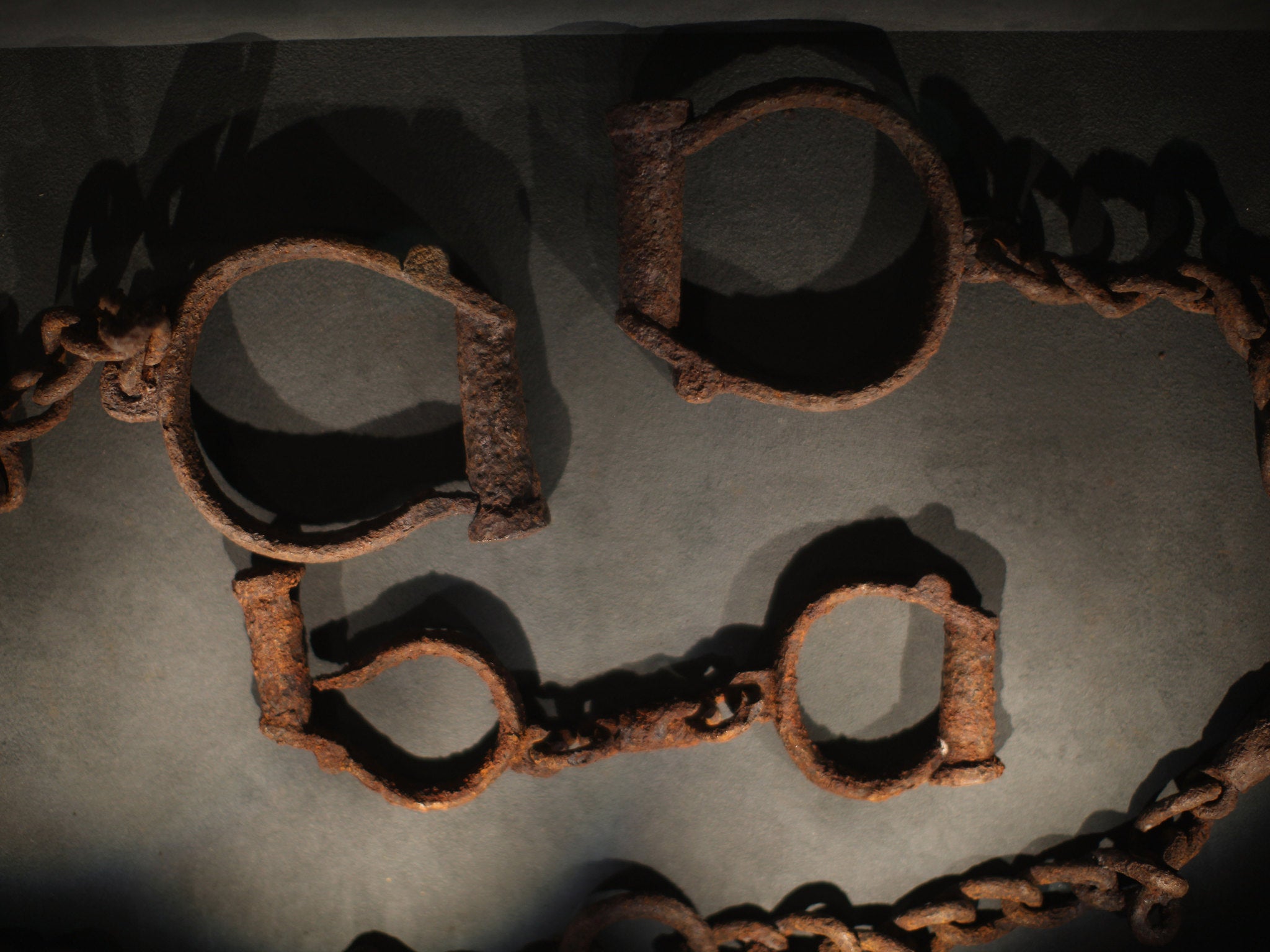Vast scale of British slave ownership revealed
46,000 Britons were slave owners on the day that slavery was abolished in 1833 and all received a share of a £17 billion compensation payout from the Government

Your support helps us to tell the story
From reproductive rights to climate change to Big Tech, The Independent is on the ground when the story is developing. Whether it's investigating the financials of Elon Musk's pro-Trump PAC or producing our latest documentary, 'The A Word', which shines a light on the American women fighting for reproductive rights, we know how important it is to parse out the facts from the messaging.
At such a critical moment in US history, we need reporters on the ground. Your donation allows us to keep sending journalists to speak to both sides of the story.
The Independent is trusted by Americans across the entire political spectrum. And unlike many other quality news outlets, we choose not to lock Americans out of our reporting and analysis with paywalls. We believe quality journalism should be available to everyone, paid for by those who can afford it.
Your support makes all the difference.The shocking scale of British slave ownership has been revealed in scores of official records which have found that thousands of modern-day Britons are related to owners who received huge sums in compensation when the trade was abolished.
A five-year project by University College London has compiled the identities of 46,000 Britons who owned slaves, mainly in the West Indies, on the day slavery was abolished in 1833.
David Cameron, Benedict Cumberbatch, Ben Affleck and George Orwell are just some of the high profile descendants of the slave owners revealed in the files.
Records from the Slave Compensation Commission show that some 800,000 Africans were freed upon abolition after being kept as legal property.

Upon their liberation the Commission paid out the modern equivalent of £17 billion in compensation to the UK’s tens of thousands of owners – the largest government pay-out prior to the bailout of the banks in 2009.
The colossal sum represented 40 per cent of government expenditure in 1834.
Researchers from UCL led by Professor Catherine Hall and Dr Nick Draper have published the files into an online database which is available for the general public to access and search for the names of all those who received compensation.

John Gladstone, the father of prime minister William Ewart Gladstone, who owned nine sugar plantations, received the most money in compensation being paid £106,769 or the equivalent of £80 million today.
The great-grandfather of novelist George Orwell, Charles Blair, received £4,442 or the modern day figure of £3 million in compensation.
It is now thought that 10 per cent of Britons who died in the 18th century benefited from slavery and that up to 15 per cent of the British elite were connected to the trade.
A new BBC documentary named Britain’s Forgotten Slave Owners, reveals that slave ownership was not just reserved for Briton’s wealthy gentry however.

The two part programme, presented by historian David Olugsoga shows that middle-class families with occupations ranging from home country vicars to iron manufacturers also had a stake in the trade.
Other surprises included the discovery that 40 per cent of slave owners living in the colonies were found to be women who had inherited what was then regarded as human property through their partner’s wills.
Rather than being restricted to the UK’s major ports slave owners were also found to reside throughout the country, with Scotland containing the highest rates of slave ownership in proportion to the population.
Join our commenting forum
Join thought-provoking conversations, follow other Independent readers and see their replies
Comments